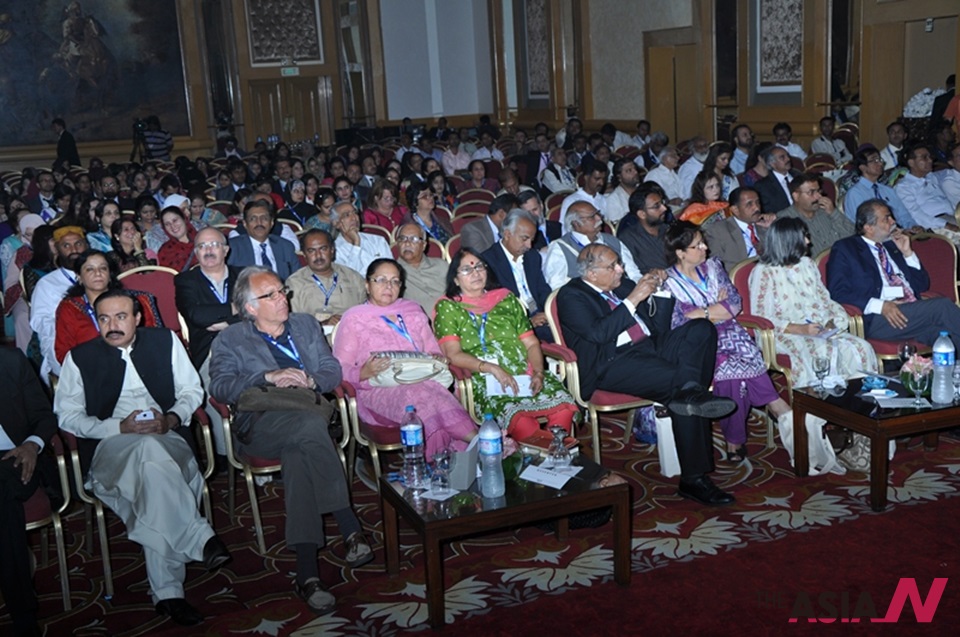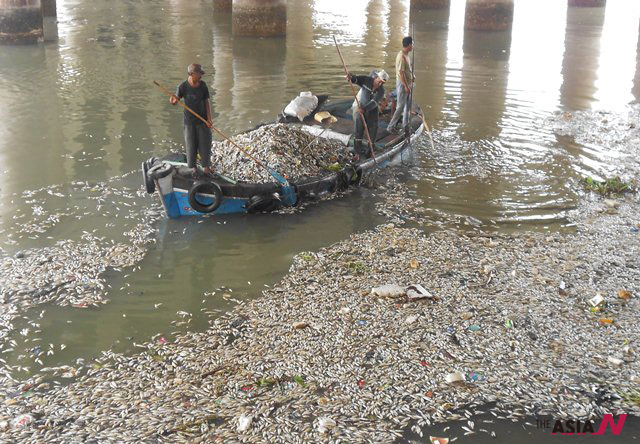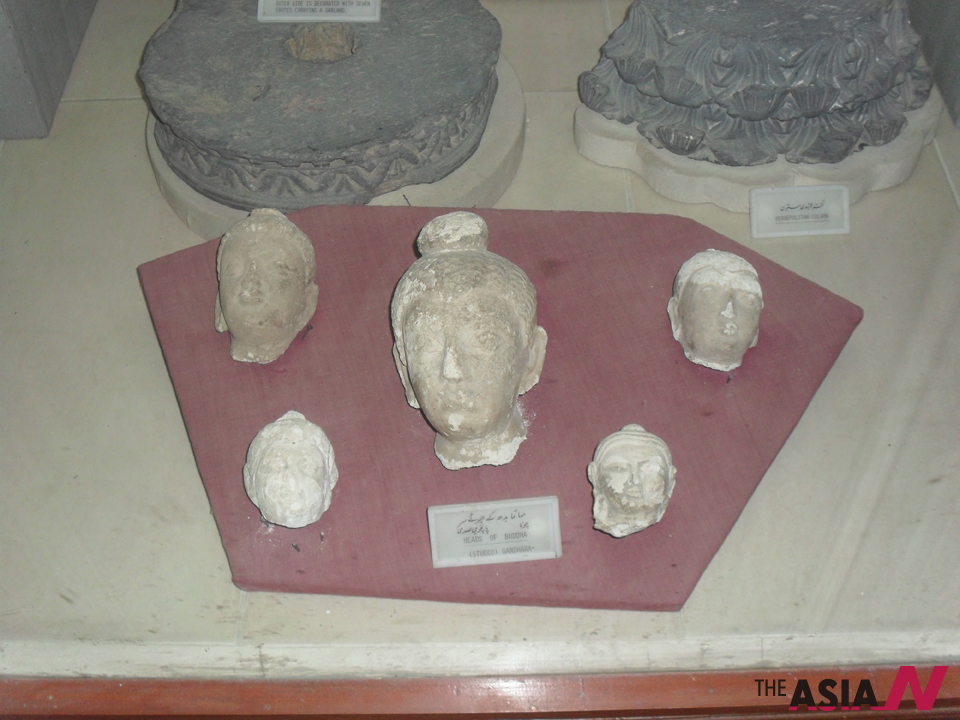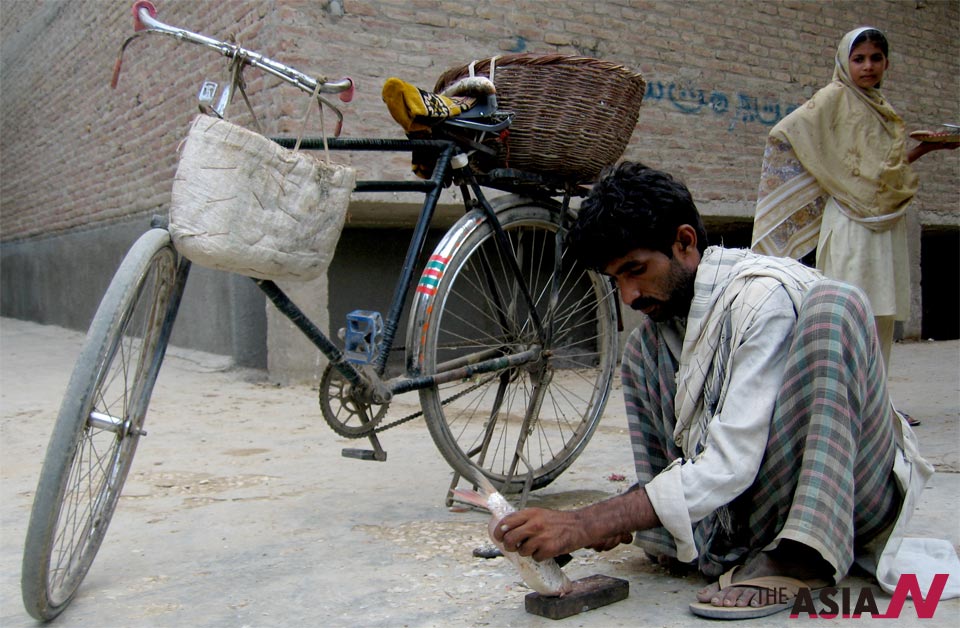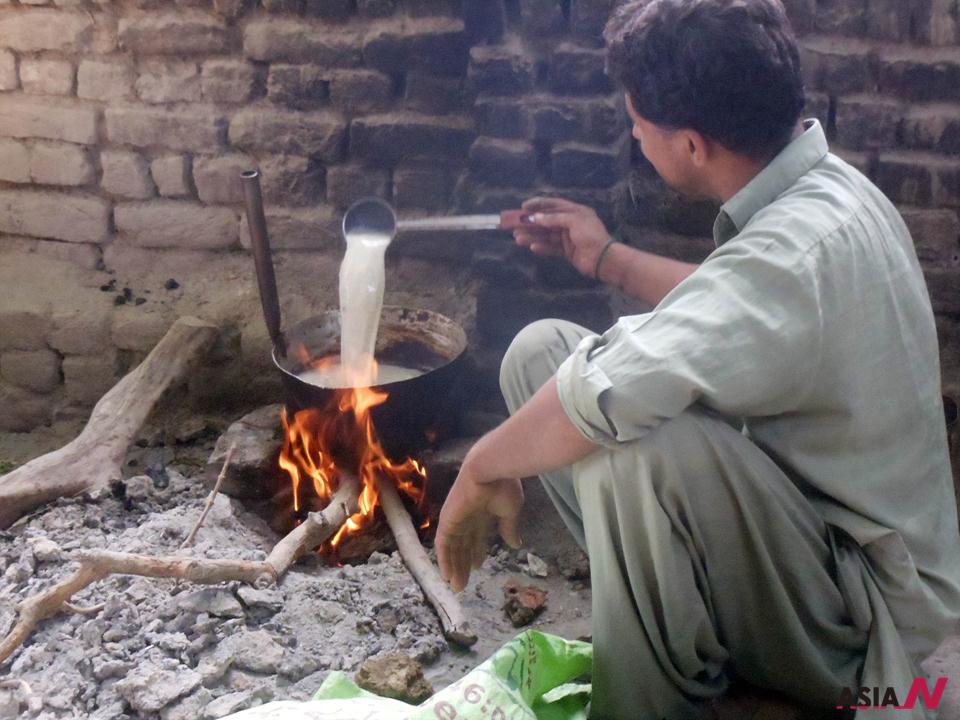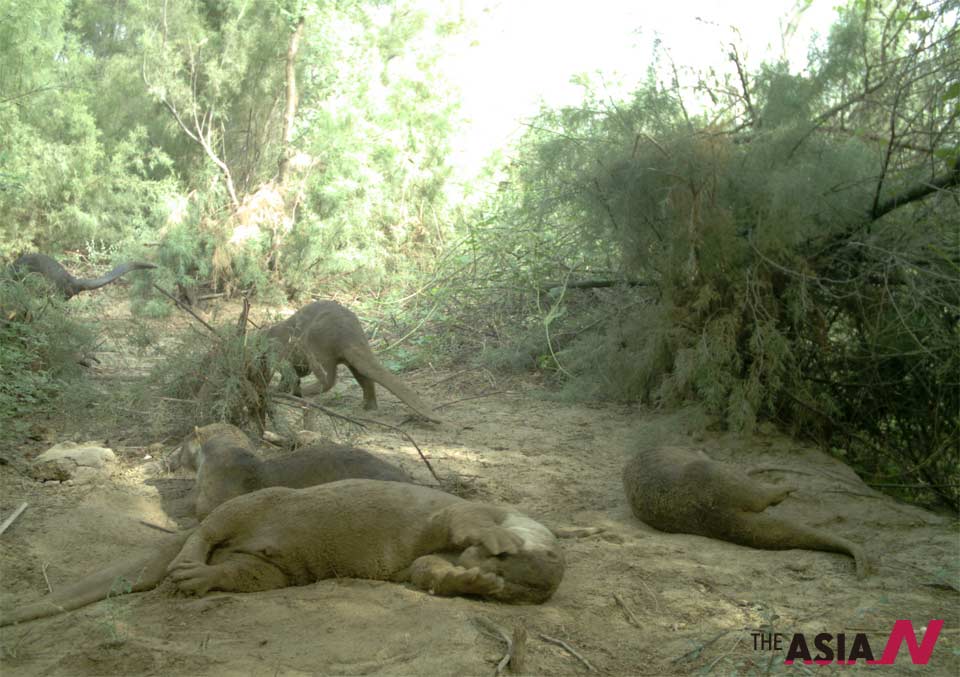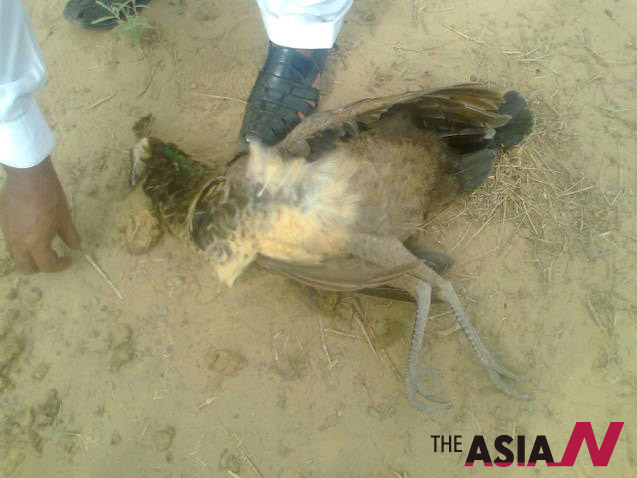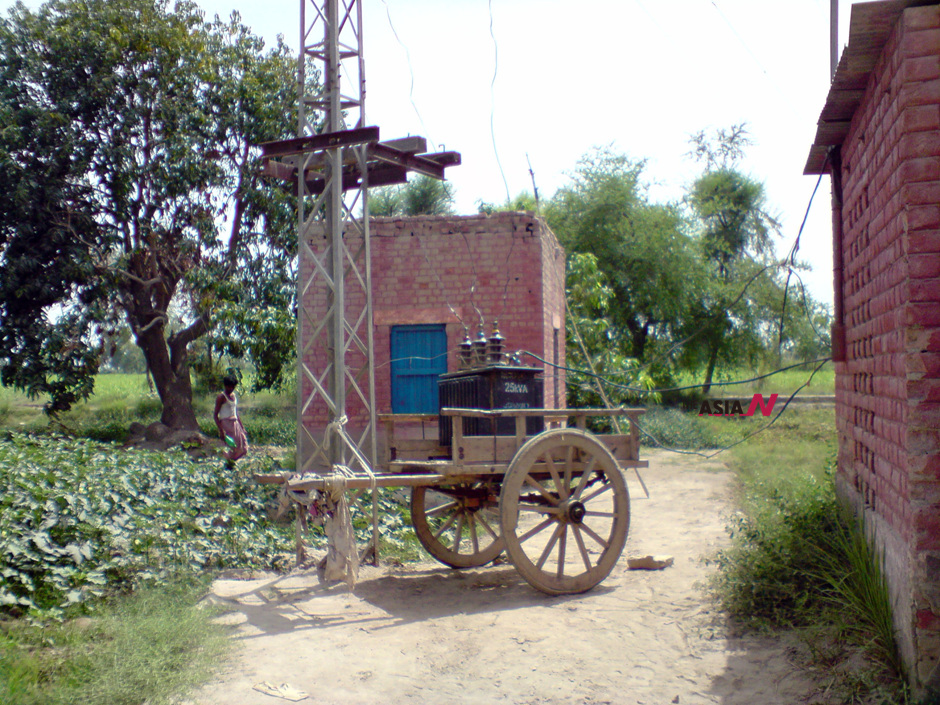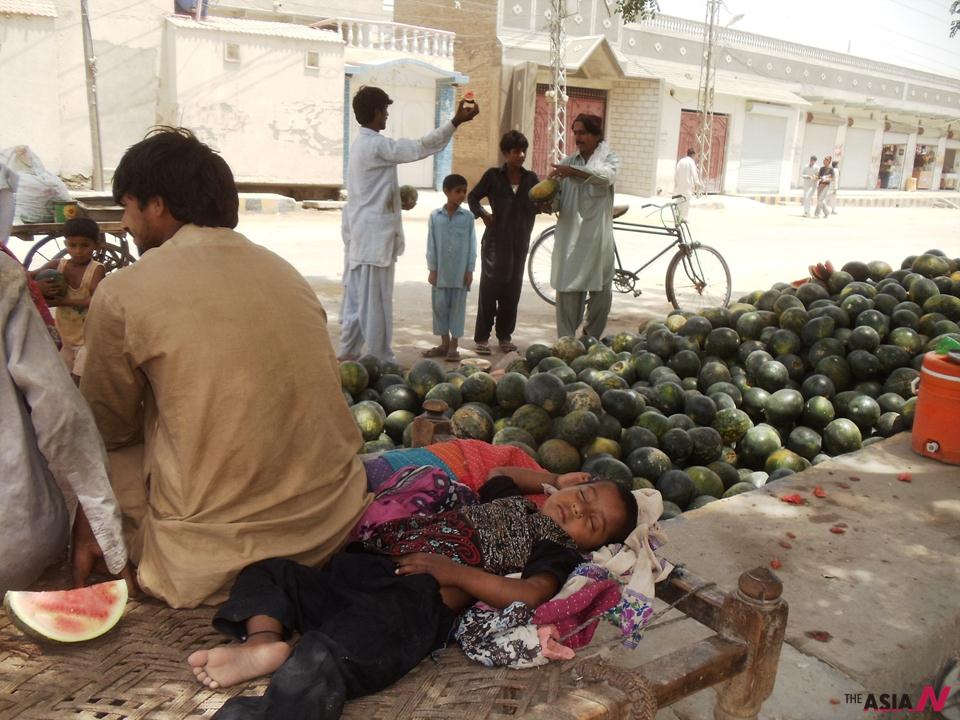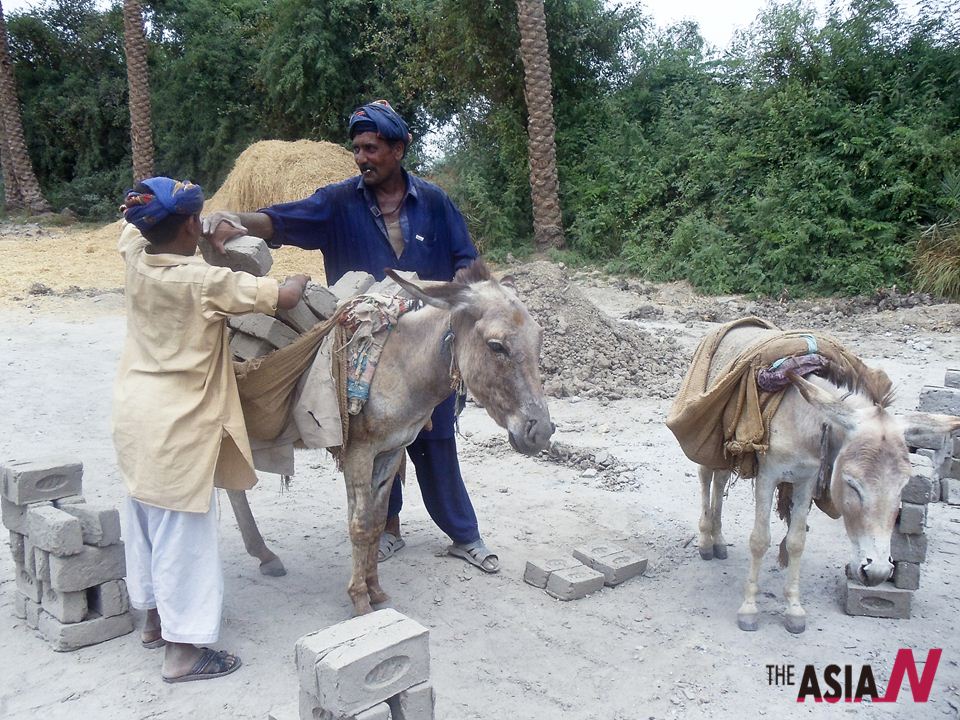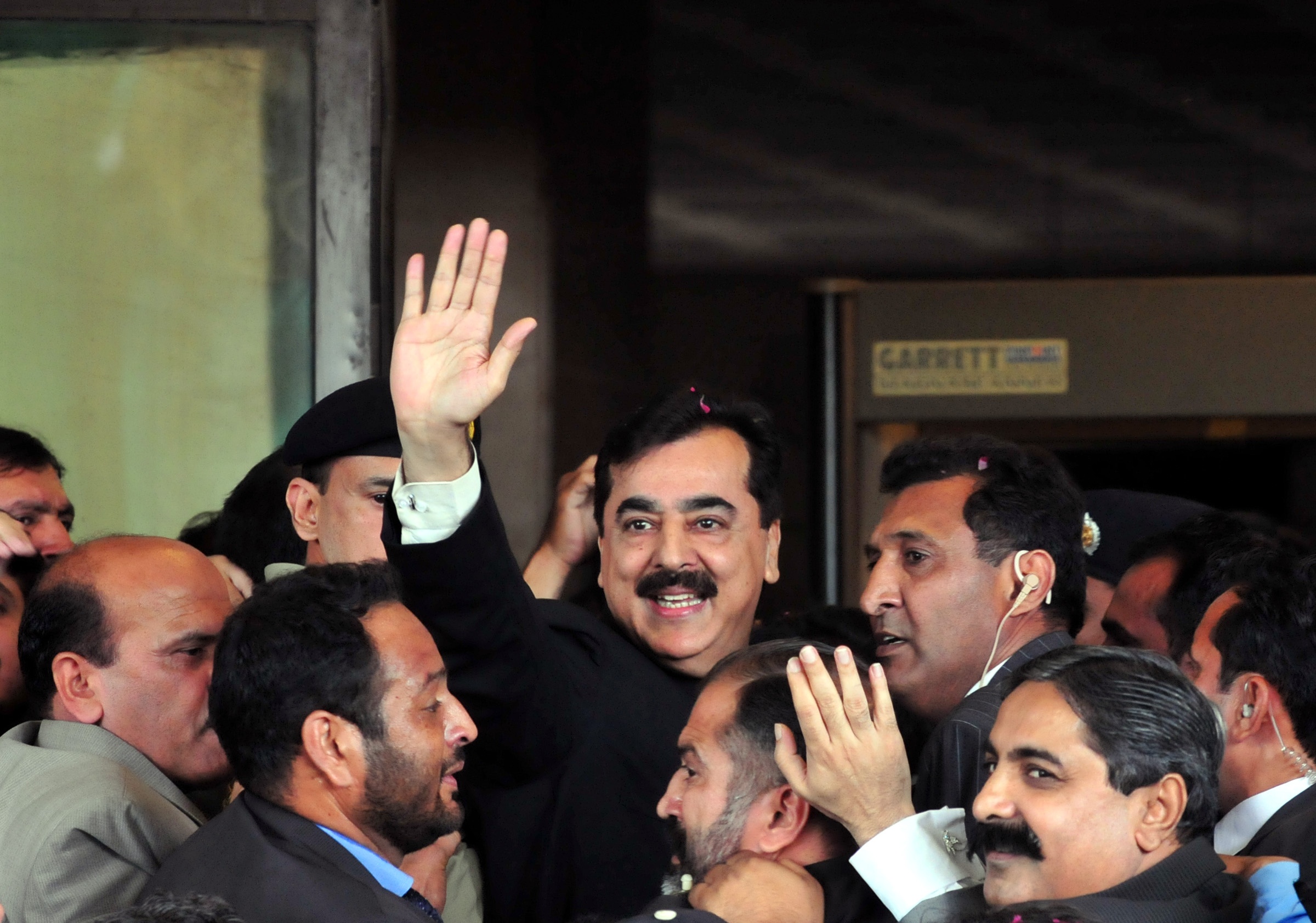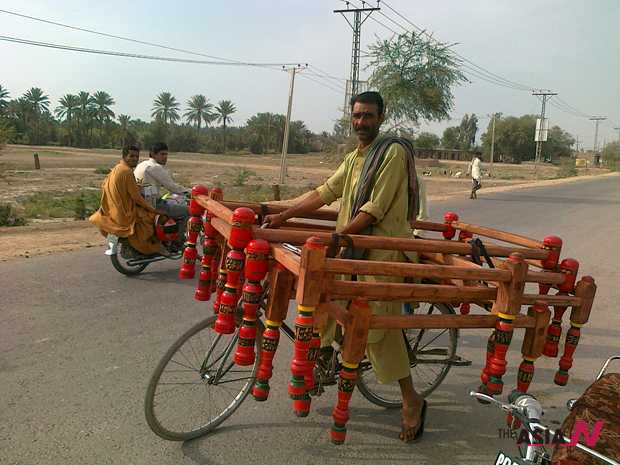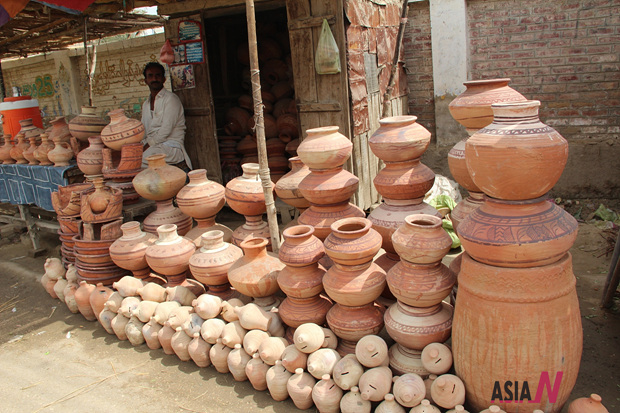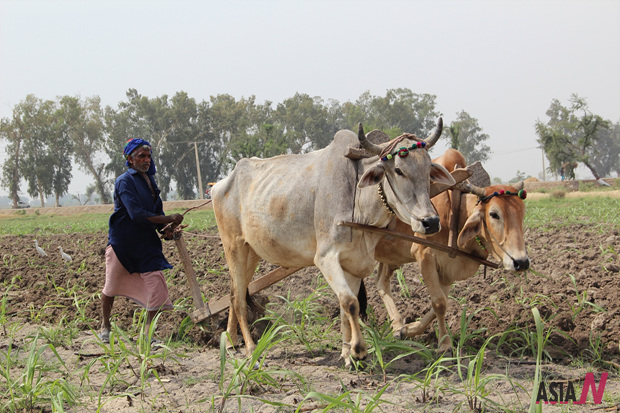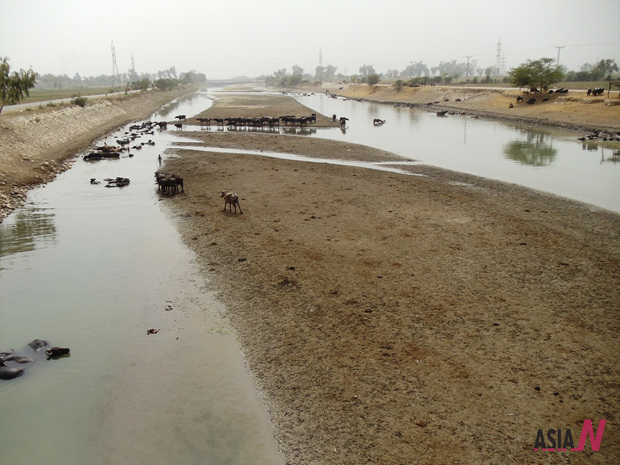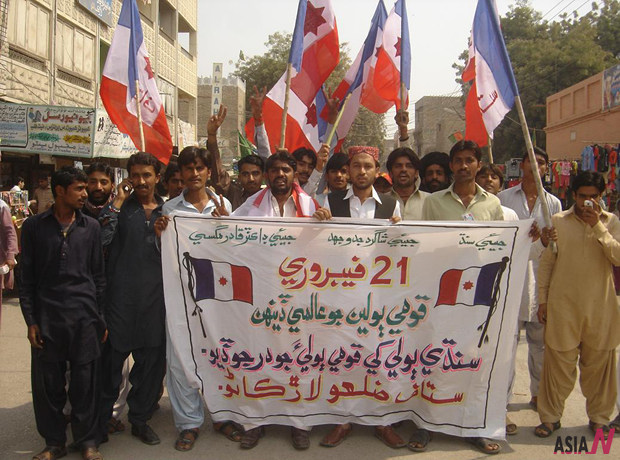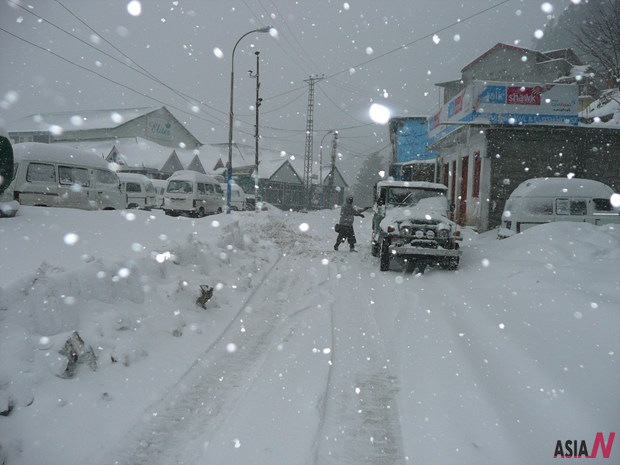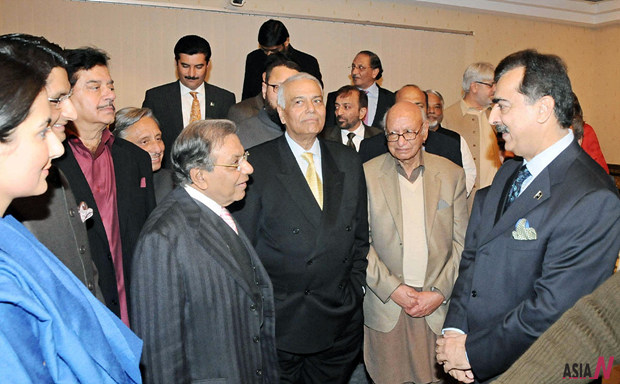
NGOs hide identity for fear of militants in restive Balochistan Province
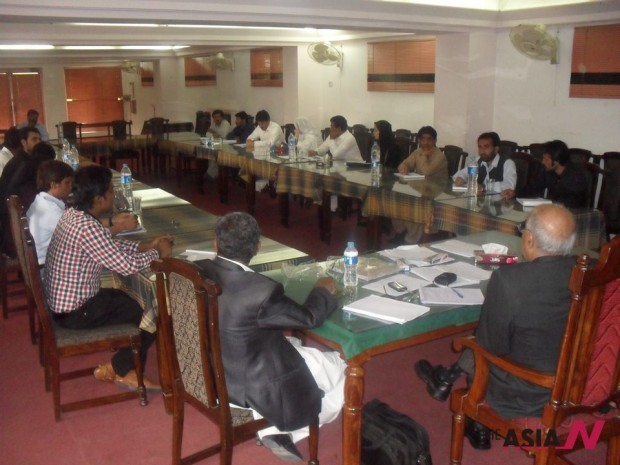
Quetta, Balochistan – A grave situation prevails in restive Balochistan province of Pakistan, bordering Iran and Afghanistan, where the civil society organizations have removed boards and name plates from their office buildings, their staff and officials do not carry identity cards or any other document while travelling, for the fear of militants. According to them, the NGO people are the main target of militants and other criminals who kidnap them for ransom.
Almost all the twenty representatives of NGOs attending a consultative workshop on “Working with Media on Human Rights” organized by Pakistan Press Foundation in Quetta, the capital of province, told that militants consider them ‘lucrative target’, as they believe that NGOs are heavily funded by international organizations. Quoting certain incidents of kidnapping of NGO officials in Balochistan, the participants informed that ransom demanded by kidnappers, ranges up to 100, 000 to 200, 000 to 20, 000 US dollars.
The NGO people also receive threats from tribesmen. In such a situation, the organizations have restricted their work. “For example, we do not spread our work to more than one village and keep on working silently in a village so that we are not exposed to other people,” Ahmed Nawaz, CEO, National Capacity Building Program, told.
He said, ”We avoid releasing news to the media and instead prefer to post it on website, Twitter and other social media so that the kidnappers and militants do not know about our activities.”
The situation deteriorated since 2008 when the NGO officials were kidnapped for ransom or killed for non-payment of ransom. The threats to NGO people are now order of the day.
The participants also had complaints against media persons. They contended that newspapers and TV channels do not support NGOs working for human rights. They leveled serious allegations of corruption against the journalists. Some of the participants told that journalists used to cover their events in the past but now they avoid it as the journalists too receive threats from militants. NGO representatives from remote areas of province told that journalists have stopped covering NGO activities after receiving threats.
During the panel discussion Mr. Raza-ur-Rehman, resident editor, Urdu Daily Express and Bureau Chief, Express TV, who is also the current president of Quetta Press Club, presented the viewpoint of journalists saying that they too were performing duty under stress. “Like NGOs, the journalists too are receiving threats of dire consequences. We are asked by militants and tribal heads not to publish any news against them. Life threats are also extended in case we do not publish their statements,” he said.
It also came to the fore that the newspapers are not allowed to be delivered in the interior of Balochistan while the news channels too have been closed in different areas.
[The Writer had been touring all the four provinces of Pakistan – Sindh, Punjab, Khyber Pakhtoonistan and Balochistan, since January this year. During his extensive tours he met a number of journalists, civil society representatives and local politicians. The above report is based on his very recent 8-day visit to Quetta where he conducted the workshop. Quetta had been target of bomb blasts at different times. In January last more than 200 citizens were killed in twin blasts. During stay in Quetta, seven bomb blasts took place in 24 hours.]



